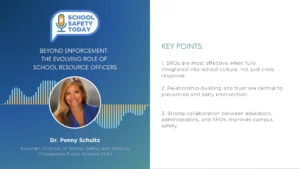Modular Altruism: What Is The 6th Place Project?
Altruism is the idea or practice of having a selfless concern for the benefit of others. It may also be defined as a concern for others’ well-being.
The adaptability and versatility of modular buildings is one of their main benefits. They are easily expandable and customizable to meet shifting needs or specifications, and they can be disassembled and moved to a different location if necessary. They can also be more affordable, especially for projects with constrained budgets and deadlines, and they are often more energy-efficient than conventional site-built structures.
Overall, modular buildings have gained popularity across a range of industries and purposes, from commercial and institutional buildings to temporary structures for disaster relief and remote labor sites, and they provide a number of advantages.
In this episode of Modular Altruism, brought to you by Guerdon, host Gabrielle Bejarano spoke at length with Matthew Mayoya, Senior Project Manager at Suffolk Construction about The 6th Place Project and its actionable industry insights.
They had a conversation about:
- How Suffolk Construction was able to get onboard the 6th Place Project and Matthew’s role in this
- The advantages and benefits The 6th Place Project will offer to the community
- How modular technology is playing a part in this initiative
- The challenges faced during the construction of this project
- Insights into modular construction as opposed to traditional construction and its sustainability
“It’s kind of like a beacon of hope as there are a lot of people out there that just need to get a place to stay and get off the street and this is part of what The 6th Place Project aims to provide.” said Mayoya.
Matthew Mayoya, who is currently the Senior Project Manager at Suffolk Construction, oversees the planning and delivery of construction projects. He ensures that work is completed on time and within budget. He also organizes logistics, delegates work and keeps track of spending.








